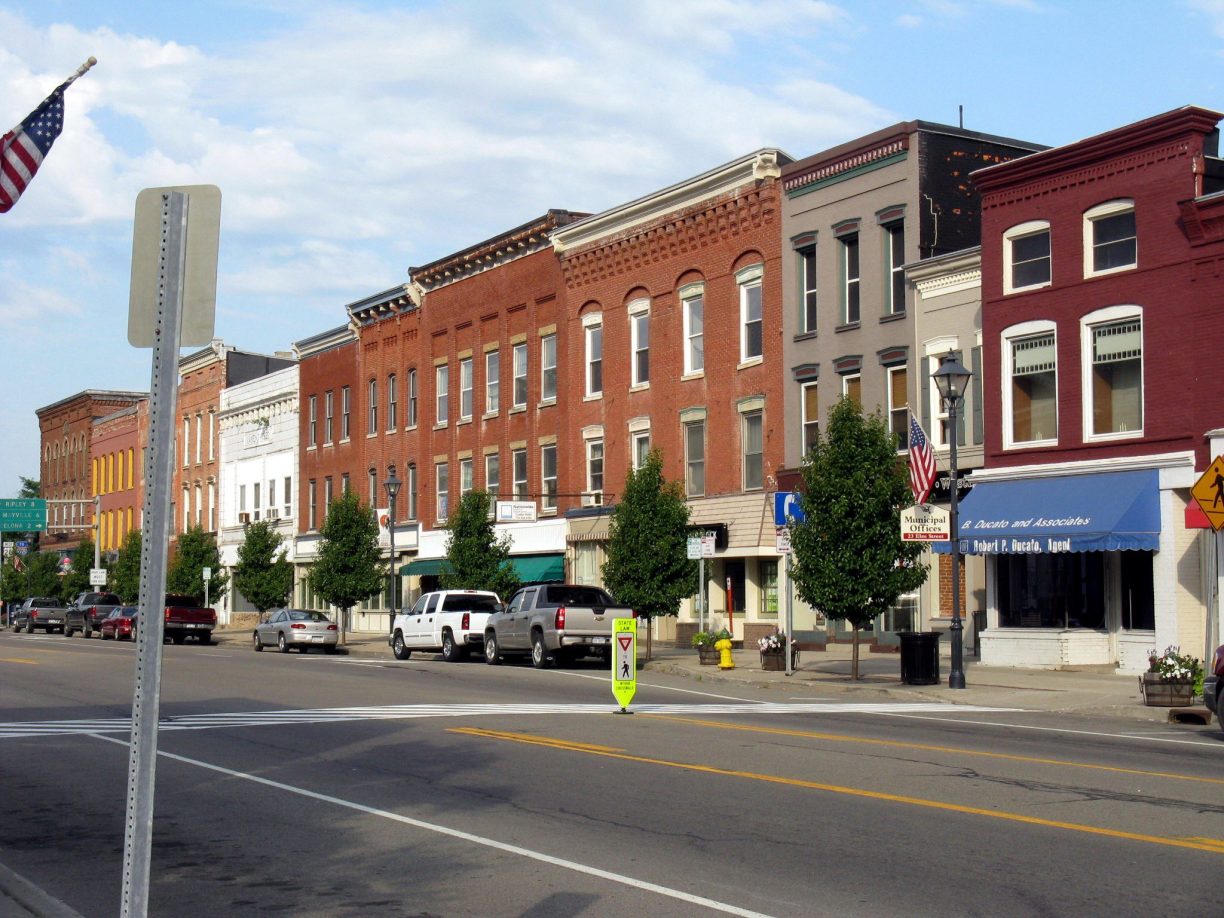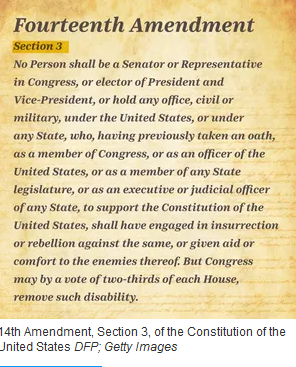
Personal Note: For the past two weeks I have been busy reviewing the proofs from my forthcoming book Jerusalem Throne Games: The Battle of Biblical Stories after the Death of David. Yes, New York State history is not my first love. As a result I was not able to write the posts I wanted. I will try to catch up after returning from the Erie Canal conference in Utica this weekend. In the meantime, here are some local voices.
On May 7, I went to the Ulster County History Exhibitions at the Hudson River Maritime Museum in Kingston. The event was organized by Geoffrey Miller, the new county historian. While there we both happen to meet Diana Decker Kuster of Woodstock and Stone Arabia. As a Decker she apparently is part of a family of many generations in the state and as a parent she has seen the absence of local history in the schools. She expressed concerted displeasure with the vanishing of local history. She noted that in large school districts, local community stories are overlooked even if the big city story is taught. As children move away, such as after college, the chain of local history is broken. At times she seemed like she was channeling my posts even though she has never read them and didn’t know about them. Her emotional voice reveals that people even outside the formal history organizations can be concerned about the low priority of local history in the State.
The remainder of the post comes from Marybelle Beigh, the Town of Westfield historian in Chautauqua County. Her story sounds all too familiar.
Dr. Peter Feinman,
Finally, after several years of receiving your posts, I have taken the time to read several from the past year, working backwards to 5-19-2016 where you discussed “Lessons from the Weible Years.” Since that was about when I became a NY State local historian, I would like to share some bits of my “story” as they illustrate so much of what you often discuss in your excellent articles. The reason I initially subscribed to receiving these is after reading one several years ago that discussed the need to revise the historian law under which I was appointed. I found that discussion particularly pertinent to my own thoughts on the matter.
My name is Marybelle Beigh (pronounced “BEE”), and I was appointed Town of Westfield Historian (Chautauqua County NY) in May of 2007. This was followed a couple months later by being officially appointed Village of Westfield Historian. At the time, I was retired from teaching since 2003 (Electronics Instructor at Junior/Community College level for 30 years prior in CA and OR), and had returned to my hometown of Westfield NY, having lived in MA, CA, & OR since my first marriage in 1962; this was at the request of my aging mother and stepdad who both have since deceased (stepdad in 2005 & mother in 2014). I have a BS degree in Physics from SUNY Albany, and an MS in Education (Technology) from WOU Monmouth OR. What were my qualifications, other than higher education? A love of my hometown, a love of research and writing, a passion to save/preserve the many historic structures of my hometown such as the historic Barcelona Lighthouse, and a desire to see Main Street historic buildings revived as so many, at that time, were empty and deteriorating and, frankly, “UGLY”!
So, I was interviewed by the Town Supervisor, the County Historian, and the Head Librarian, and as there were really no other applicants, I got the position.
I was given a copy of the pretty brochure outlining the areas of responsibility (not all required) and the areas of “hands off” that included not collecting historic artifacts, not being a librarian (hmmm, how strange! It seems that at least the last 2 or 3 historians were librarians, the most recent one having been historian for 30 years, and librarian at least that long), and so on… When I asked what specifically were my duties, and where would my office be, the answer to the first was, don’t worry about that for now, just provide a monthly report of your activities to the Town Board monthly meeting; and the answer to the second was, “on the mezzanine of the library” where the previous historian had her office. The previous historian had retired at the end of 2006, and at the time of my appointment, was quite ill, and in a local nursing home. When I asked for an office in the village or town hall, there was no room in the inn so to speak.
I was told that when the previous historian recovered, they would have a special event to celebrate her years of service and to introduce me as the new historian. Well, that never happened… the previous historian passed away 2 months after I was appointed, and nobody thought that I should be introduced at that time, or ever, apparently… for years, in fact, to this day, very few people know that I am the historian (it’s been ten years now!)… and for a few years after I was appointed, the local newspaper ran reprints of her historian articles that she’d written between 1981 and 1990; although they also ran articles that I wrote as my own column called BeeLines, or Buzzings from BeeLines… (my nickname is “Bee” so someone suggested this as a cute title)…
Meanwhile, I was a member of the Chautauqua County Genealogical Society, in which there are several other local and govt. appointed historians, one of whom, after hearing of my historian appointment, asked me if I planned to attend the Spring 2008 State Historians Meeting (APHNYS)… I said, “What?” and so began my education and initiation into the mysterious workings of NY State public historian activities… that other historian and I attended the meeting together, which was about when we finally got a State Historian, Weible, and when I attended a short workshop for newly appointed historians… that was helpful and interesting, but when I told my local government what I was supposed to do, and where I was supposed to do it, they basically laughed and I started learning another lesson… the position of historian is not respected and is pretty much just something they appoint with no intention of following any of the rest of the law…
So I did what I could… responded to requests for information and research from clients who phoned, mailed, or emailed such to me… and used some of these topics and ones suggested by a few friends who love learning the history of our town & village, to research and write my BeeLines articles… at least I have some devoted readers who buy the local weekly newspaper just to read my latest “buzzings”… I love researching and solving history mysteries, probably because of my years as electronics technician problem solver (instructor as well as working in industry). I am blessed to have developed some really wonderful and long-lasting friendships with many of my historian clients.
During the past ten years as historian, I have tried many times to suggest various historical preservation projects, historical event ideas, correcting and updating the local town history book, (last edition was 1997), and so on, but have been rebuffed… and there have been quite a number of historical events and preservation or lack thereof situations about which as historian, I should probably be guiding or at least involved in the process, but which information has been pointedly NOT provided, often blocked or denied, and usually I am the LAST to know and in which have almost never been invited to be a participant. Even one event about which I was specifically contacted to be interviewed by Good Morning America (about Grace Bedell and Abraham Lincoln’s Whiskers), was interfered with by someone in the county historical society, so that he could be a “star” and in so doing caused one of the scheduled parts to be dropped, and made some local people very angry.
(I did do the interview after spending countless hours researching, locating living descendants of Bedell, and arranging the viewing of the house where she had lived in Westfield, which was the thing that was dropped). I was actually terrified to be interviewed for national TV, but the primary interviewer was wonderful at putting me at ease, and I did enjoy that part of it, although I have no interest in being a “star” thank you very much!
An interesting note is that I moved away from Westfield about 2014, to live near my son in Silverton CO, so resigned my post as historian. However, neither the village nor the town replaced me – in fact, I often received emails and phone calls in CO, for historical info, and had to try to direct the requesters to someone in Westfield, or answer what questions I was able, not having the resources of my previous files, etc. The other problem was that the high elevation was too much for my aging body – they put me on oxygen, so I moved back to Westfield and was immediately reappointed historian by both the town and village boards.
Since my return, in spite of escalating health problems, I continue to enjoy doing historical research and writing, and I have also discovered that our Chautauqua County Historian, Michelle Henry, is probably one of the most dedicated and knowledgeable historians, and is giving me a lot of help in organizing my work as historian, and finally I have a much better idea of what records are considered “permanent” items for the historian to maintain and pass on to the next historian and/or the town/village archives… I’m also learning that being two different historians can pose problems in determining ownership of records and books and publications of the historian…
So I can see more and more how inadequate and confusing for interpretation is our current historian law…
In addition to confirming by my own experience, what you write about so eloquently, I am really interested in helping in some way to improve not only the historian law, but to improve our public education history courses that teach local history. I was fortunate to have an excellent 7th-8th grade history teacher (they were called “social studies” teachers back in the 1950s… ) so did learn a lot of local history, as did many other grateful former students from those years that she taught. I also felt that I did NOT receive a proper education at the high school level, in that a number of courses and educational activities that had been important a couple decades earlier – such as civics, geography, and debating – were not part of my own learning experience – or at least not emphasized enough in my humble opinion.
Anyway, if you have managed to wade through my jumbled bit of ranting, I would like to know if there is anything I can do to be a part of, not apart from, the process of improving both the NY State historian law, and NY State local history education?
Thanks for “listening” and please advise..
Marybelle Beigh, Westfield Town & Village Historian




